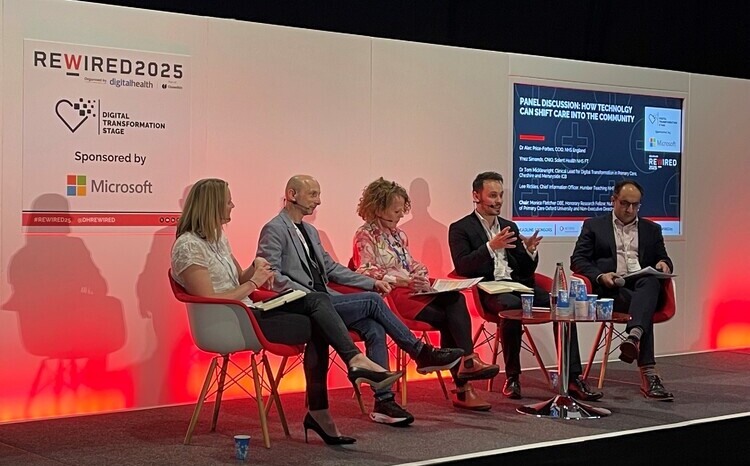Concerns raised that NHS digital plans could exclude older adults
- 5 November 2024

- Concerns have been raised that the government’s NHS digital and data plans could exclude the elderly population
- Foxglove and the National Pensioners Convention voiced their worries around the national conversation on NHS data and plans to bring together a single patient record through the NHS App
- The Department of Health and Social Care said that for the consultation in-person events and the option to feedback by post will be available and on the single patient record more details will be revealed when the 10 year health plan is published
Concerns have been raised that the government’s NHS digital and data plans could exacerbate health inequalities for older adults who do not have access to technology.
In October 2024, the Department of Health and Social Care (DHSC) launched the Change.NHS.uk online engagement platform for members of the public to share ideas to shape its forthcoming 10 year health plan.
The plan, which is due to be announced in spring 2025, will include bringing together a single patient record, summarising patient health information, test results, and letters through the NHS App.
However the National Pensioners Convention (NPC), which represents around one million older people in the UK, estimates that 25 to 30% of its members are not online, and another 30 to 40% would have trouble navigating an online consultation or consent tool.
That equates to between 500,000 and 700,000 older people who would not be able to access either the online consultation or patient records.
A spokesperson for the NPC told Digital Health News: “In terms of digital health, the NPC has regularly spoken out about how unsafe and potentially life threatening digital first or digital only is for older people and their health.
“Many older people live alone, some without family near them or no family at all. Giving personal details to another person is a risk – and we talk a lot about the safety of data.
“Older people are not good at coming forward asking for help in the first place, putting digital barriers in place will mean that they are excluded from accessing health care that would enhance their lives or give them relief from their conditions.”
They added: “We are deeply concerned that older people who are not online will not be able to have their say and be disenfranchised through digital exclusion.”
Non-profit legal advocacy organisation Foxglove also highlighted concerns in a blog post published on 25 October 2024.
“Many patients, especially older people, are not online, so a consent portal that operates solely through the NHS App or a website won’t do the job on it’s own,” Foxglove said.
In response to concerns, a spokesperson for DHSC told Digital Health News that more details about access to patient records will be included in the 10 year health plan.
“Not everyone has access to technology, so over 100 in-person events will also take place nationwide for people to come and share their views.
“We will work with charities and partners to reach as many people as possible, and forms can be sent to us by post,” they added.
Regarding the NHS consultation, Caroline Abrahams, charity director at Age UK, said: “We encourage everyone to get involved and have their say – it’s almost certainly a once in a generation opportunity to do so.
“It’s also a positive step that there will be in-person events and forms available for older people to give their views who might not be online.
“Many older people are either not digitally savvy or not online at all, so it’s good that that has been taken fully into account and no one is left out.”





